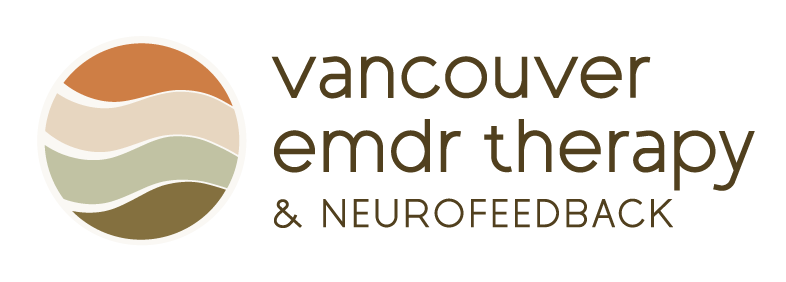Gratitude is a funny thing. It doesn’t always come easy for survivors of trauma and abuse. Gratitude is defined as a positive experience of  thankfulness. Some people actually wonder why they don’t feel more gratitude after surviving a life threatening event such as a plane accident or being a victim of a crime. Sometime their sense of feeling grateful to “just be alive” is impacted by their day to day PTSD symptoms of unresolved trauma and a sense that it is “not over yet” or that they are “not safe anywhere”. For many trauma survivors fear gets in the way of feeling gratitude and thankfulness. People who have survived trauma have had their joy taken away. In fact, a feature of PTSD is hypervigelence which creates fear in people of being hurt again.
thankfulness. Some people actually wonder why they don’t feel more gratitude after surviving a life threatening event such as a plane accident or being a victim of a crime. Sometime their sense of feeling grateful to “just be alive” is impacted by their day to day PTSD symptoms of unresolved trauma and a sense that it is “not over yet” or that they are “not safe anywhere”. For many trauma survivors fear gets in the way of feeling gratitude and thankfulness. People who have survived trauma have had their joy taken away. In fact, a feature of PTSD is hypervigelence which creates fear in people of being hurt again.
Healing from trauma can happen in multiple ways. Sometimes a gratitude practice can begin the process and other times gratitude can come later after other forms of trauma treatment such as, EMDR therapy has taken place. Knowing what we are grateful for can be something that we think in our heads but don’t quite feel in our hearts. Research shows that gratitude practices don’t always provide a quick fix for survivors of trauma. In fact, some studies show that the positive effects of gratitude increases over time and with practice. This suggests that gratitude needs time in order to help us heal from traumatic life events.
“Not every day is good, but there’s something good in every day.” — Alice Morse Earle
Consider a gratitude practice in your life. Here are some ideas in developing gratitude: a gratitude list or journal, moment to moment gratitude in your thoughts, sharing your gratitude with others such as a partner, spouse or a friend who has agreed to participate with you.
Brene’ Brown, PhD an author and social researcher gathered information on gratitude. She shared in her book, The Gifts of Imperfection, that  without a doubt every person that she interviewed who said that they were happy actively practiced gratitude in their lives. Examples of gratitude she came across in her interviews were; doing daily gratitude meditations or prayers, creating gratitude art, and even stopping during their stressful, busy days to actually say these words out loud: “I am grateful for . . .
without a doubt every person that she interviewed who said that they were happy actively practiced gratitude in their lives. Examples of gratitude she came across in her interviews were; doing daily gratitude meditations or prayers, creating gratitude art, and even stopping during their stressful, busy days to actually say these words out loud: “I am grateful for . . .
Gratitude can certainly help with the healing process of trauma as well as create more resiliency to deal with future trauma or stress. So in this season of gratitude take time to reflect on what being thankful means to you and look for small or big ways to incorporate this practice in your life.
If you want to feel more gratitude and thankfulness in your life and trauma is getting in the way then get help with EMDR therapy. For more information about EMDR therapy and Lemecia Lindsey, LICSW please visit www.vancouveremdrtherapy.com today!




